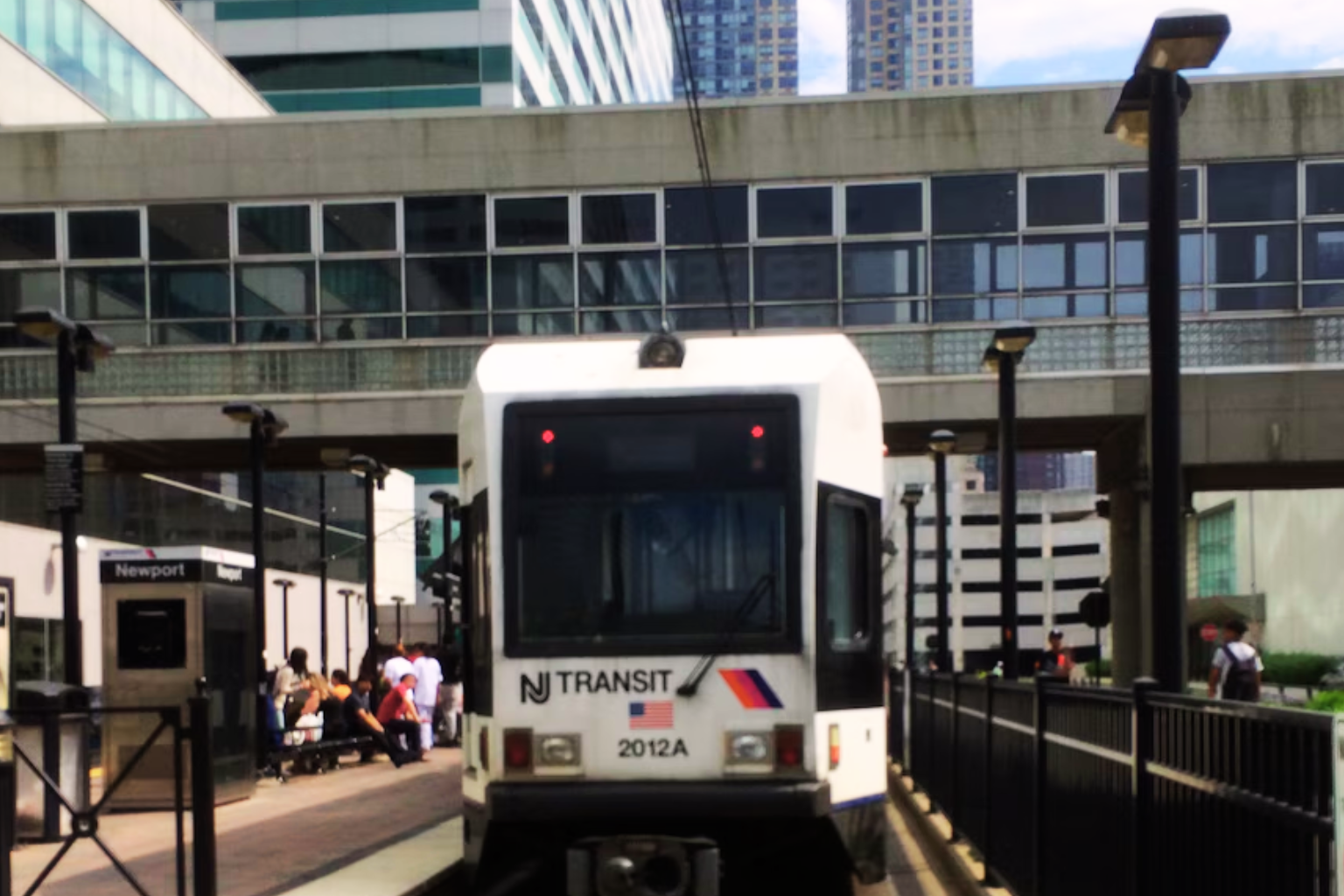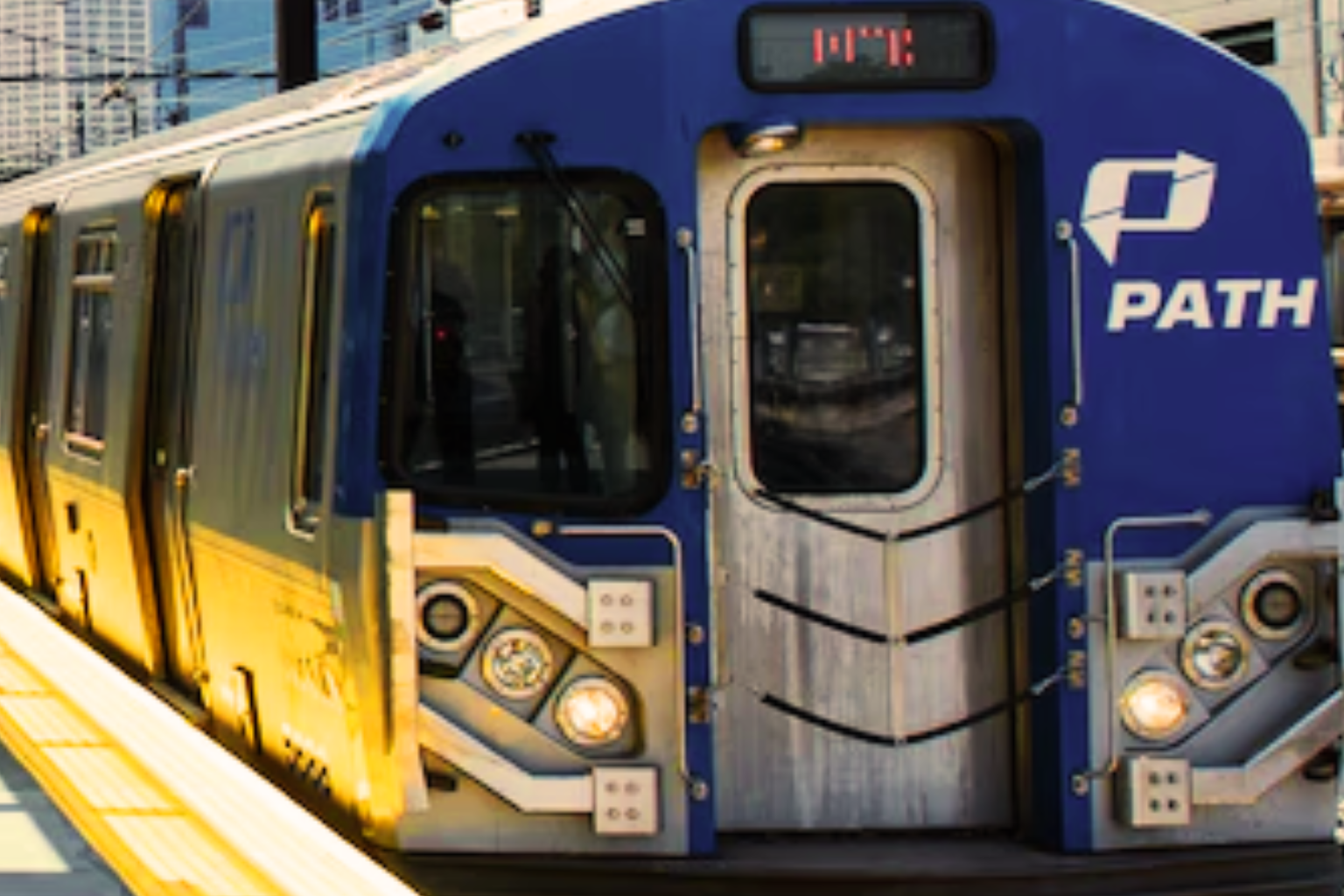NJ Transit Rolls Out Ambitious Plan to Boost Revenue Without Raising Fares or Trimming Service

New Jersey’s transit authority proposed a comprehensive plan to generate significant cash without raising fees or cutting service. The plan uses its massive property and real estate assets to produce revenue, cut ticket sales, and stabilize finances.
NJ Transit property up to 8,000 acres could be developed. The EPA estimates these technologies might earn $1.9 billion over decades. Instead of fee hikes or service cuts, NJ Transit seeks to monetize its real estate holdings through transit-oriented development, commercial leasing, infrastructure improvements, and other activities.
The plan is expected to create tens of thousands of jobs, housing units, and regional economic multipliers. By developing parking lots and neighboring land into mixed-use buildings and leveraging station sites, NJ Transit hopes to generate revenue from its real estate holdings.
Importantly, the concept does not require municipalities. NJ Transit will work with local governments to build development that matches local plans and land use decisions. Agency executives emphasize that the board and state legislature will pace and approve projects.
NJ Transit has not heavily diversified its funding basis from fares in decades. The agency and national transportation networks face rising operations, infrastructure maintenance, and budget challenges. NJ Transit aims to use its land to avoid service cuts and fee spikes, especially amid fiscal crisis.
Skeptics may doubt expected income and local opposition to redevelopment. Due to bustling real estate markets and rising demand for transit-served districts, NJ Transit officials feel the timing is right. A successful program could encourage other transit systems to discover sustainable revenue beyond ticket sales.
This organization will struggle to achieve its vision in the coming months and years. Legislation, local government agreements, development negotiations, and efficient construction management are needed. Public transit organizations may reconsider their role in urban expansion if the proposal works.
NJ Transit is counting on property and development to balance the books, sustain service, and fuel long-term expansion instead of asking consumers or taxpayers for more money.
Sources
NJ Biz




